As we move into 2025, music marketing is poised to undergo significant changes. While the fundamental principles remain consistent, the way artists and brands engage with audiences will continue to evolve. Liam James Ward, CEO and co-founder of the social and digital marketing agency Something Something, shares his insights into the future of music marketing, emphasizing the shifts happening in both the industry and audience behaviors.
Key Shifts in Music Marketing
- The Evolving Concept of ROI
In 2025, the way we evaluate the effectiveness of marketing efforts is changing. The old metrics, like clicks and streams, may no longer fully represent an artist’s or campaign’s impact. Instead, success will be measured by deeper connections with fans, such as their emotional investment and engagement, rather than just immediate numbers. This shift calls for a move away from chasing virality and towards creating long-term relationships with audiences. - The Rise of “Vibe Marketing”
2024 saw the emergence of “vibe marketing,” where brands and artists created an overarching feeling or atmosphere rather than focusing on a single, high-performing advertisement. This approach works because it taps into the current need for emotional connection and authenticity. Rather than pushing a one-time, high-reach ad, the goal is to build a narrative or vibe that resonates with fans over time. As we head into 2025, this type of marketing will grow stronger, with brands and artists continuing to invest in creating a consistent, compelling atmosphere across various platforms. - Rebuilding the Role of Tastemakers
For years, the music industry has been dominated by algorithm-driven content distribution. However, audiences are beginning to crave something more curated. Tastemakers, once the gatekeepers of music, are now returning in a new form. These individuals or micro-communities, often active in niche spaces, hold more power than ever in guiding fans toward new music. Whether it’s influencers, fan accounts, or underground personalities, these tastemakers will play a significant role in shaping the music landscape in 2025. - The Importance of Online Communities
In 2025, fan communities will evolve from being transient groups around viral moments into more dedicated, medium-term nurturing efforts. Successful marketing will involve connecting with fans not just in a moment of excitement but in an ongoing way. This shift means artists and brands must build genuine online communities, fostering a sense of belonging and participation, rather than just marketing to fans. Platforms like Discord, Reddit, and fan-run social media accounts will become increasingly vital in maintaining long-term engagement. - From Virality to Superfandom
While virality has often been the holy grail of marketing, moving from a viral moment to superfandom requires more work. Artists will need to focus on creating deeper, more meaningful connections with their audience. This doesn’t mean abandoning viral strategies, but it does require a more holistic approach to fan engagement that includes consistent content, exclusive experiences, and fostering a sense of belonging. - Tech and Platforms: Which Ones Will Rise?
Liam also delves into the tech and platforms that are shaping the music marketing landscape. He predicts that platforms such as TikTok and YouTube will continue to play a dominant role in music promotion. However, as audiences become more fragmented, the way artists use these platforms will change. Instead of using one platform as the primary source of fan engagement, the strategy will shift toward a more multi-platform approach, engaging audiences on different platforms in unique ways.
Moreover, new technologies such as AI and machine learning are expected to enhance the targeting and personalization of marketing campaigns. Artists will be able to use data to create hyper-targeted campaigns that speak to the individual rather than the mass audience.
- Medium-Term Content Production
One of the most significant changes Liam sees coming is the shift from quick, ephemeral content to medium-term content production. In 2025, content will need to have a longer shelf life and be part of a bigger story. Instead of relying on short, viral hits, artists will focus on creating content that sustains their brand and builds momentum over time. This includes storytelling, behind-the-scenes content, and in-depth narratives that draw fans into the artist’s journey. - The Role of Influencers and Brand Partnerships
While influencer marketing is not a new concept, it will take on a new form in 2025. Instead of focusing on large influencers with massive followings, the emphasis will shift to partnering with micro and niche influencers who can speak to specific fanbases. These influencers will not only help market the music but will also play a key role in curating the narrative around the artist. Artists will need to collaborate with influencers who genuinely understand their vibe and aesthetic, rather than simply paying for exposure. - The Shift Toward Authenticity
Fans today are seeking authentic connections. They want to feel as though they are part of the artist’s world, not just passive consumers. This has implications for the way artists create content and engage with fans. Authenticity, transparency, and vulnerability will become even more crucial in 2025. Fans will flock to artists who are genuine in their interactions, sharing personal stories and being open about their creative process. - New and Emerging Platforms
While established platforms like Instagram, TikTok, and YouTube will remain crucial in music marketing, Liam also highlights the potential of emerging platforms. Apps like Clubhouse, which gained popularity during the pandemic, are expected to see a resurgence, especially for live interactions with fans. Additionally, virtual and augmented reality platforms could provide new ways for fans to engage with artists and experience live shows, concerts, and even virtual meet-and-greets in immersive ways. - The Decentralization of Music Consumption
In 2025, music consumption will continue to decentralize. Audiences are no longer relying solely on traditional platforms like radio or even streaming services. Instead, they are consuming music across a wide array of channels, including social media, YouTube, niche platforms, and even through personal recommendations from influencers or fellow fans. As this happens, artists will need to be more agile and innovative in how they distribute their music and connect with fans across these various spaces. - Fan-Centric Campaigns
Another important trend in music marketing in 2025 is the move toward fan-centric campaigns. Instead of focusing on the artist as the primary product, marketing strategies will shift toward making the fans feel like they are part of the creative process. This could involve fan voting on certain aspects of a release, fan-driven campaigns, or crowdsourced content. Fans want to feel included in the process, and campaigns that give them a voice will resonate more deeply than traditional one-way marketing. - The Blurring of Artist and Brand Identity
As music marketing becomes more complex and multifaceted, the lines between an artist’s personal identity and their brand identity will continue to blur. In 2025, artists will need to think of themselves as both creators and brands, curating their image and message in a way that transcends their music. This shift will require artists to take a more active role in shaping their public persona, ensuring that every piece of content they share aligns with their broader narrative.
Conclusion
In summary, 2025 will see music marketing become more community-driven, authenticity-focused, and multi-platform. The emphasis will shift from short-term virality to medium-term nurturing and relationship-building with fans. Tastemakers will regain prominence, and niche influencers will play a crucial role in guiding fans toward new music. Fans will demand deeper, more meaningful connections with artists, and content will evolve to reflect this demand. Artists will need to adapt by embracing new technologies, understanding emerging platforms, and focusing on creating content that resonates with their audience on a more personal level.



